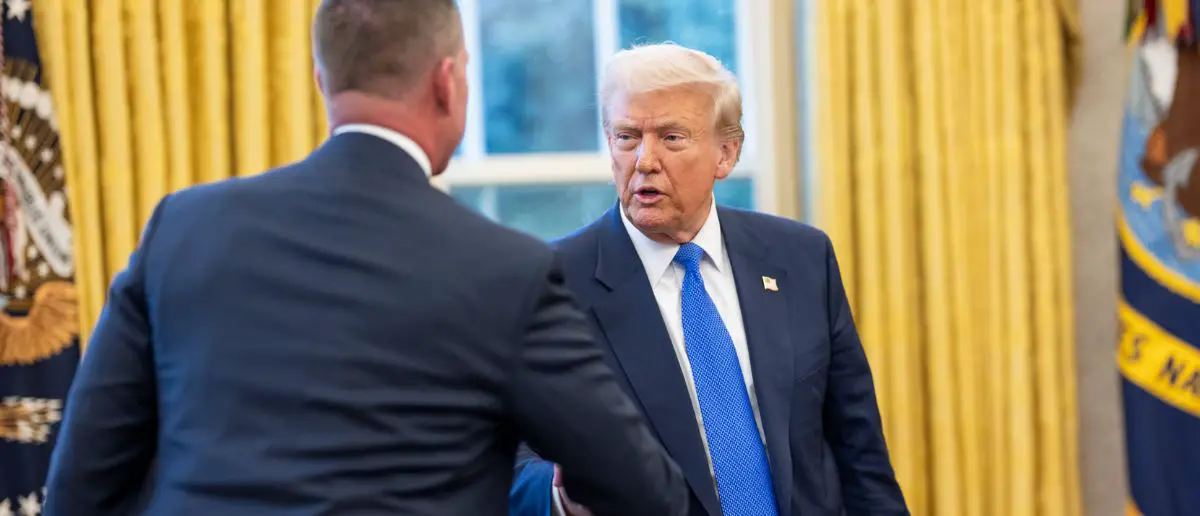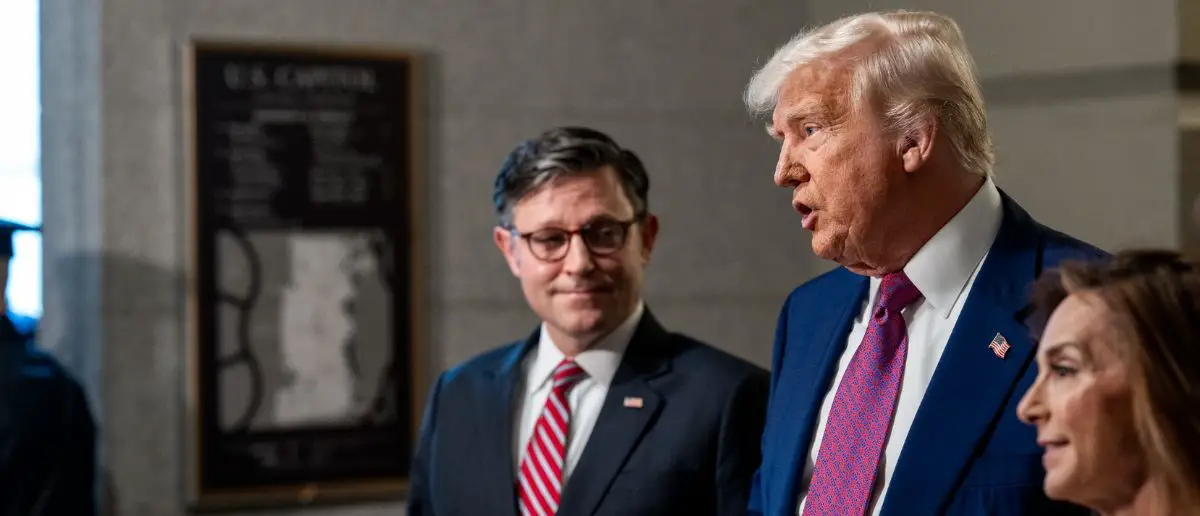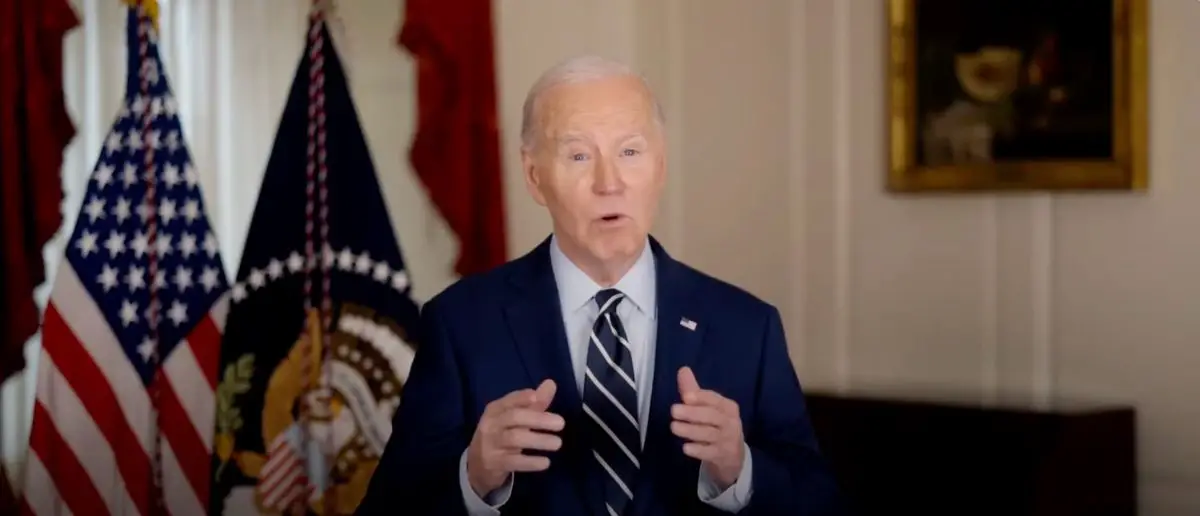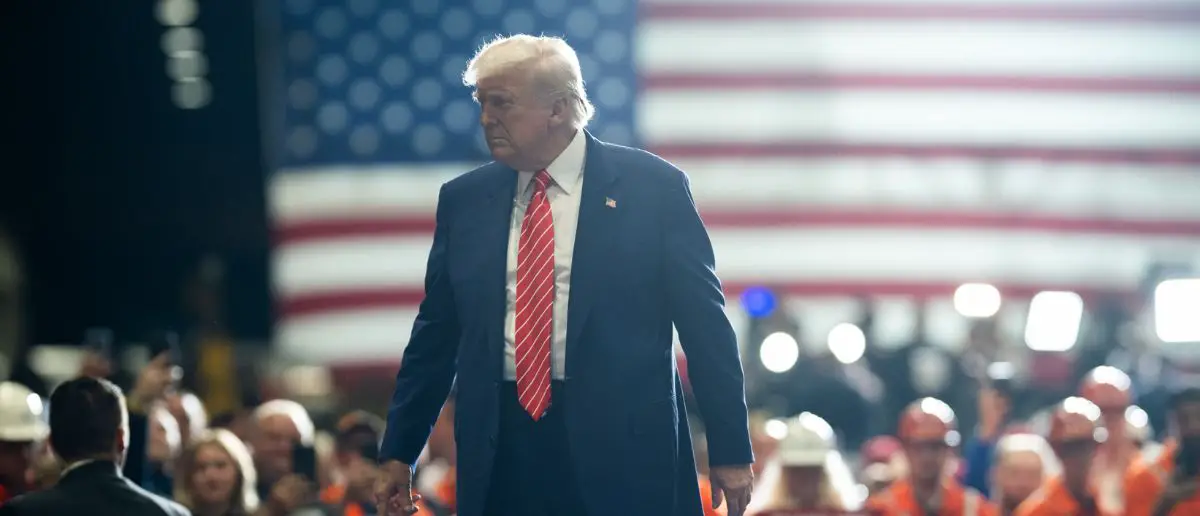FBI Director caught lying to Congress according to bombshell Congressional report
The Biden admin was full of behind-closed-doors scandals. Now they are coming to the light.
And the former FBI director was caught lying to Congress under oath according to a brand new Congressional report.
FBI Director Christopher Wray Lied To Congress? Senator Grassley Thinks So
The Biden administration’s tenure is facing renewed criticism as congressional Republicans intensify their investigations into alleged misrepresentations and obfuscations by top officials. With a new executive branch now cooperating, accusations of hiding critical evidence, delaying responses to subpoenas, and covering up President Joe Biden’s health issues are gaining traction, raising questions about transparency and accountability.
Internal FBI memos recently released by Senator Chuck Grassley, R-Iowa, have cast a shadow over former FBI Director Christopher Wray’s congressional testimony. Grassley has labeled Wray’s statements as “misleading,” pointing to discrepancies that suggest a deliberate effort to downplay controversial agency actions during Biden’s presidency.
The memos reveal that the FBI’s targeting of “radical traditionalist Catholics” was far more extensive than Wray disclosed in 2023. During his testimony, Wray described a January 2023 memo, which flagged Latin Mass attendees as potential violent extremists, as “a single product by a single field office.” This characterization is now under scrutiny.
Documents obtained by Grassley show that the memo, originating from the FBI’s Richmond Field Office, was widely distributed within the bureau. At least 13 additional documents employed similar terminology, and nearly 20 intelligence analysts across 13 field offices accessed the memo. By February 2023, it had reached over 1,000 FBI personnel.
“This raises serious concerns that FBI field offices may have relied on the Richmond memo, and placed groups in their areas of responsibility under suspicion based on reporting from the deeply-biased sources used in the memo,” Grassley wrote in a letter to current FBI Director Kash Patel on Tuesday, highlighting the potential misuse of agency resources.
The memo’s exposure in early 2023 triggered a congressional probe into the FBI and a review by the Justice Department’s Inspector General. While the bureau was cleared of malicious intent, Inspector General Michael Horowitz concluded that the memo’s blanket linkage of traditional Roman Catholicism to violent extremism “lacked sufficient evidence” and reflected “errors in professional judgment.”
Wray, testifying before the House Judiciary Committee in July 2023, disavowed the memo, stating, “It is not something I will defend or excuse.” He claimed to have ordered its removal from FBI systems. However, Grassley accused Wray of obstructing his investigation by withholding critical information for months.
“The FBI under Director Wray obstructed my investigation by not providing these answers for many months. Congress needs to know who participated in this obstruction and why the FBI obstructed an inquiry into a memo it had already repudiated,” Grassley wrote, questioning the bureau’s commitment to transparency.
Grassley further criticized Wray’s testimony that the memo was the work of a single field office, noting that other offices provided input into its production. “This was highly material information that Director Wray should have revealed,” Grassley wrote. “Testimony calling it the work of a single field office was misleading at best, and appears to be part of a pattern of intentional deception.”
Beyond the FBI, former Department of Homeland Security Secretary Alejandro Mayorkas has faced accusations of misleading Congress. In 2023, the House Judiciary Committee alleged that Mayorkas perjured himself by claiming the border was secure from illegal aliens with terrorist ties, despite reports indicating otherwise.
Mayorkas had told the committee that all aliens posing national security threats at the border were detained and removed. Yet, public reports revealed the FBI was struggling to locate over a dozen migrants smuggled into the country by an ISIS-tied smuggler, contradicting his sworn statements.
House Judiciary Chairman Jim Jordan wrote to Mayorkas, stating, “These reports seem to directly contradict your testimony under oath that all aliens encountered at the border who pose national security threats are detained and removed. Even if the national security threat was not apparent when these aliens were screened, the Administration’s open-border policies still has created a national security threat to all Americans.”
House Republicans pursued impeachment against Mayorkas, charging him with failing to comply with federal immigration law and breaching public trust through alleged lies to Congress. The effort collapsed when Senate Democrats dismissed the articles without a trial.
Attorney General Merrick Garland also faced Republican ire for failing to comply with House Oversight Committee subpoenas related to the Justice Department’s investigation into Biden’s mishandling of classified documents. “The Attorney General has refused to produce these audio recordings,” House Oversight Chairman James Comer said, referencing Special Counsel Hur’s interview with Biden.
The House’s attempt to hold Garland in contempt ultimately failed, but suspicions of obfuscation persisted. Now, with President Trump’s administration in place, investigations are intensifying into the Biden team’s use of an autopen to sign documents, including pardons, in Biden’s name during his final days in office.
House Oversight Committee Chairman Comer announced plans to probe the autopen’s use, summoning former Biden aides like Michael Donilon, Anita Dunn, Ron Klain, Bruce Reed, and Steve Ricchetti for testimony. “They must appear before the House Oversight Committee and provide truthful answers about President Biden’s cognitive state and who was calling the shots,” Comer wrote.
President Biden defended his actions, stating on Wednesday, “Let me be clear: I made the decisions during my presidency. I made the decisions about the pardons, executive orders, legislation, and proclamations. Any suggestion that I didn’t is ridiculous and false.” Despite his pushback, President Trump has directed Attorney General Pam Bondi to investigate whether individuals conspired to deceive the public about Biden’s mental state, further fueling questions about the administration’s transparency.
Stay tuned to the DC Daily Journal.












